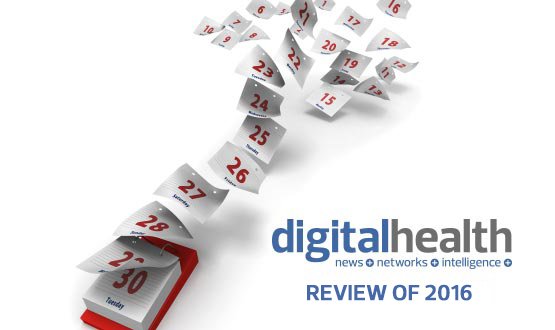HSCIC renews concerns about data quality
- 23 July 2012

A new report published by the Health and Social Care Information Centre reveals significant error rates in Payment by Results data and thousands of duplicate patient records.
It says lack of standards and guidance, poor training and awareness of the impact of poor data quality and reorganisation of services is leading to poor quality of national data.
The new Health and Social Care Act 2012 gives the HSCIC responsibility for assuring the quality of national data submitted by hospitals, GPs and other care providers.
The centre has published its first annual report – ‘The Quality of Nationally Submitted Health and Social Care Data, England 2012’ – which draws from a range of datasets including NHS workforce data, Hospital Episode Statistics and the Mental Health Minimum dataset.
The report reveals that the error rate in the data that governs how much hospitals are paid for care they provide – PbR – ranged from zero to more than 20%.
Seven local authorities submitted some adult social care returns with 15-20% of data incomplete and two councils submitted a return with more than 20% missing.
There was also variable quality in the recording of disease diagnosis at GP practices.
Duplicate patient care records, where a patient is assigned a new NHS Number when one already exists, account for most data quality incidents identified and resolved on the Personal Demographics Service. Five thousand of these were corrected by the HSCIC.
The recording of valid NHS Numbers by hospitals was above 98% for inpatient and outpatient services but lower, at 93%, for accident and emergency services.
The report urges NHS trusts, commissioners, GP practices and councils to use the report to help assess and improve the quality of national data and suggests a more consistent and coherent approach to supporting the improvement of data quality.
“Proposals are presented for a framework which outlines required expectations (standards), assesses compliance with these standards (assurance) and publishes assessments to incentivise actions (improvement),” it says.
HSCIC chief executive Tim Straughan said high quality information is essential for effective planning and commissioning.
“We want to see providers across the NHS give their fullest attention to ensuring accurate and comprehensive medical and managerial data,” he said.
“We see these initial findings as a starting point from which we will track improvements in data quality year on year. Each trust has its own summary data quality report which will help them focus on any areas that they need to prioritise.”
Data quality has been a persistent problem with PbR. The Audit Commission has written annual reports criticising the quality of the data underlying the system since it was introduced.
Earlier this year, it urged the HSCIC to work with Monitor and the NHS Commissioning Board on new data sets for the NHS, that would better capture patient journeys and encourage improved reporting.



